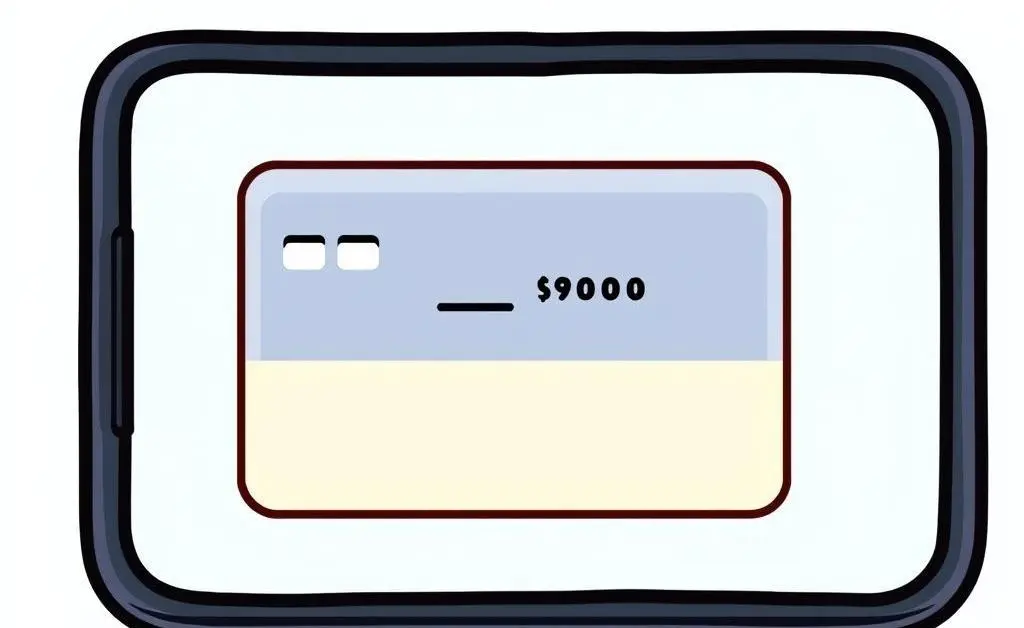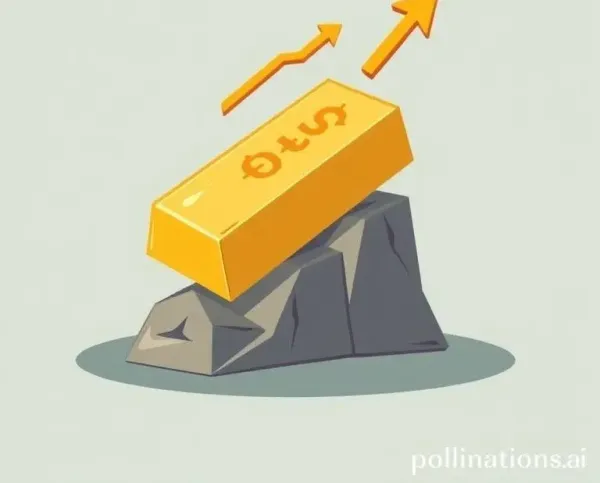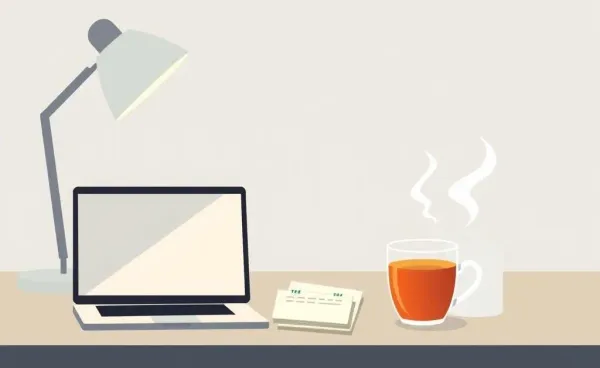What to Do When You Receive a Security Code from a Bank You Don't Use
Unsure about unexpected bank security messages? Navigate safely with these practical steps.

It’s a classic case of modern bewilderment: you’re peacefully sipping your morning coffee when *ping*, your phone lights up with a security code from a bank you’ve never even used. What now?
Rest assured, you're not alone in this experience. Let's unravel this mystery together and ensure your financial safety.
Understand the Situation
So you’ve got a message with a security code from an unfamiliar bank and your first instinct is panic—don’t! It’s crucial to stay calm and gather information.
- Check the message for any obvious signs of phishing (like typos or unfamiliar links).
- Remember, banks will never ask for your code directly. Genuine alerts often prompt you to involve a secure app or phone call verification.
- Avoid following any links or sharing information in response to the message.

Steps to Safeguard Your Information
Here’s a little story: A friend of mine once panicked when she got a strange alert, and in a frenzy, clicked every link sent her way. Let’s learn from her adventure in cyber woes by taking a more strategic approach:
1. Double-Check Your Accounts
Log in directly to your known bank accounts using a secure browser. Review any transactions, especially new ones, to confirm they’re legitimate.
2. Contact Your Bank
Even if the alert doesn’t involve your usual bank, it's worth calling them to check your account safety. Most banks have fraud departments eager to help you stay safe.

3. Educate Yourself on Online Security
Knowledge is your greatest ally. Familiarize yourself with common phishing tactics. There are many resources available that provide tips on avoiding scams.
Embrace Proactive Financial Health
Taking proactive steps isn't just about managing the immediate worry—it’s about empowering yourself. Regularly updating passwords, enabling multi-factor authentication, and keeping personal information private supports your long-term peace of mind. Each small step lets you enjoy life without the constant background noise of financial worry.

Have you ever encountered a similar issue with unexpected messages claiming to be from banks? What strategies worked for you? Share your insights in the comments below!




